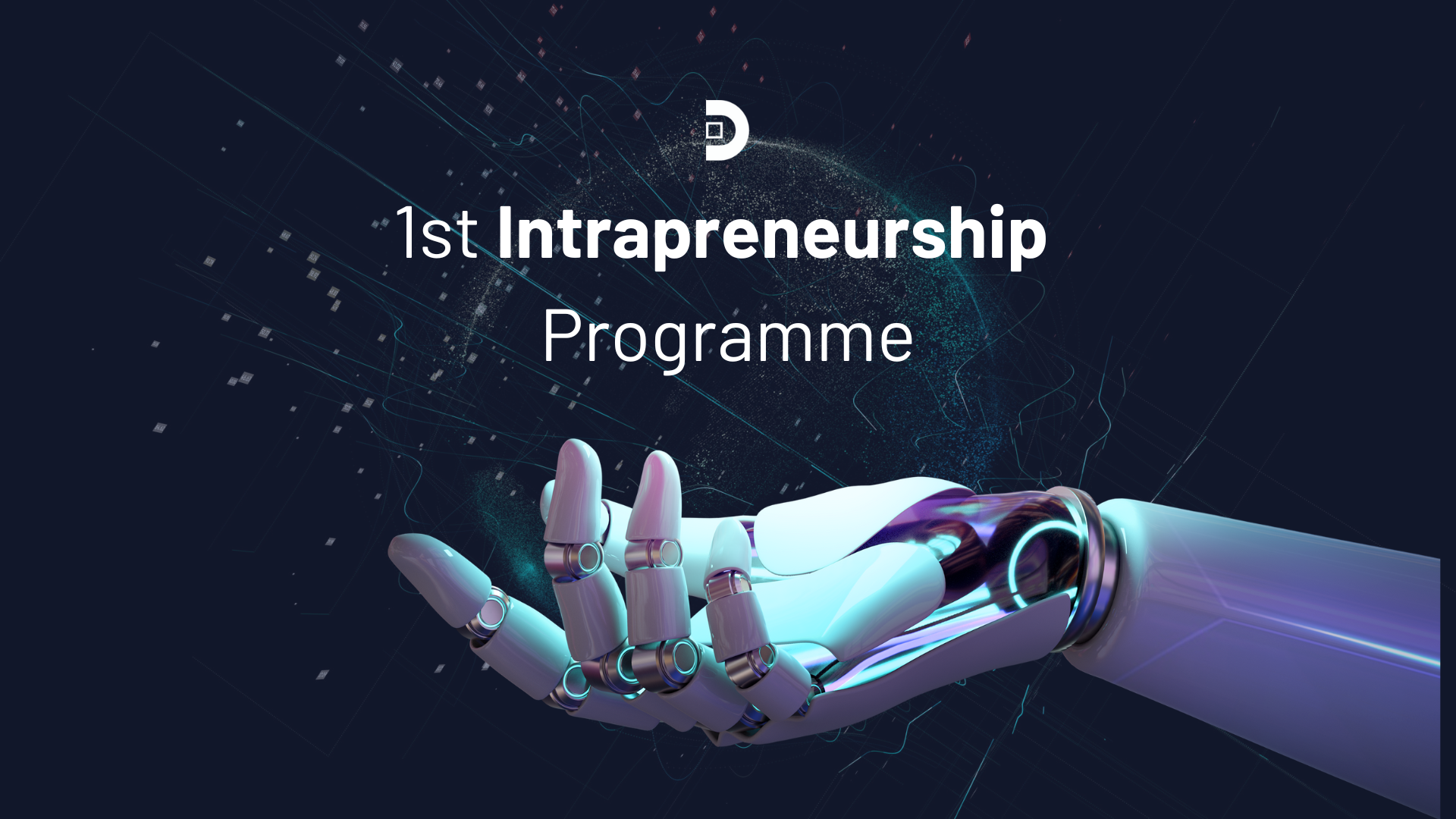This simple basic unit of information does not have much value in itself, however. The data we obtain from mobile phones, Internet search engines or sensors incorporated into our production assets, among other things, will be useless if they are not contextualized. It is not much use knowing that a machine regularly suffers the same fault if we are not able to understand the conditions under which the fault occurs; in contrast, if we collect the critical performance signals and variables and link them to the specific production context instantly, we can identify the cause(s) and anticipate the next failure. Here we see the real value of the advanced treatment of data, which allows us to take intelligent decisions.
Data are not a new phenomenon: the human race has been managing information for 10,000 years. What has evolved are the technologies used to obtain and process data. The turning point came with digitalization, which has opened the door to the large-scale capture of data and their advanced analysis. Thanks to technological development, we have gone from studying data based on more or less meaningful samples to be able to work empirically with complex data sets.
From data to decision-making
The second major change has to do with the democratization of access to these technologies. Nowadays, almost anyone can access them. Therefore, as Nacho Urigüen, Head of the Digital Transformation Unit of Dominion explains, “the key lies not so much in having certain technologies and techniques of analysis as in knowing how to use them to convert data into knowledge, i.e. value, to optimize a business or a production process”. It is what he calls “the evolving value of the information pyramid”. In it, data make up the lowest level of the pyramid, and when a context is added and data are organized they become structured information that allows you to go up a level. At the moment when the result becoming meaningful, you go up another level to reach the dimension of knowledge. This level generates intelligence, and when we give the data full significance we reach the top of the pyramid, in which we can take informed decisions that can optimize any process.
“No matter how many data we have, if we do not give them a context that makes them meaningful we will not be able to obtain useful information to take those decisions”.
Nacho Urigüen
| Head of the Digital Transformation Unit
In all these processes the main objective is the search for business efficiency. That is where Dominion provides a differential value: “Dominion is not only a company with wide-ranging technological capabilities, it also has in-depth knowledge of different production and business processes, and that is what enables us to undertake an end-to-end technological project that starts with data capture and continues as far as advanced computing. In this way we can optimize our clients' businesses”, Mr Uriguën explains.
From a conceptual point of view the procedure for analyzing data is relatively simple: “First, you make a descriptive analysis of the data, then recurrent patterns and critical variables are identified, and finally the behavioural correlations are analyzed that allow us to project models that adapt to causal behaviour patterns in a more or less precise manner. For example, if you want to monitor fraud suffered by a company as a result of its clients' actions, first you have to identify the fraudulent behaviour and then see if there is a recurring pattern in it. When we have these data we analyze them through correlation matrices to try and predict future patterns of fraudulent behaviour”, he adds.
"Domain" data and knowledge
This information is applied very directly in B2C models, but for these processes to acquire meaningful value in B2B productive environments it is essential to have specific domain knowledge. This situation is more acute in domains such as industry.
This is when Dominion uses Smart Data to carry out a differentiated process that makes use of its technological core but is based on that specialized knowledge. “Although we are technology specialists, our differential value is our knowledge of domains, i.e. the different information scenarios”. This is where Dominion deploys its know-how:
“We have the advantage of being a technological and industrial company that has people working in the maintenance of industrial facilities, from hydrocarbon refining to tyre manufacturing. This means we get to know about different kinds of processes and can apply the technology required to improve them”.
Nacho Urigüen
| Head of the Digital Transformation Unit
Nevertheless, this need to handle knowledge of the domain in question is not exclusive to the industrial and B2B sectors. Economies are advancing towards a growing “server-based" model and data analysis is increasingly necessary to understand consumer demands. It is precisely here where the Smart House concept of Dominion becomes really relevant, as thanks to the advanced management of data it is possible to offer a range of services adapted to users' specific needs. All B2C processes end up in consumers, and to be more efficient and productive we need information and knowledge of their behaviour patterns and interests in order to offer better services in both time and form. “Data analysis allows us to go into detail on the validity of business models based on the provision of services, as it helps us to create more efficient services adapted to the specific needs of each client", concludes Mr. Urigüen.












